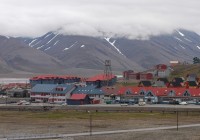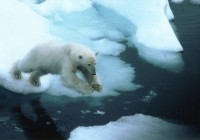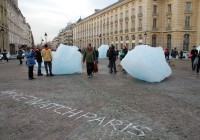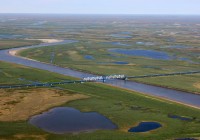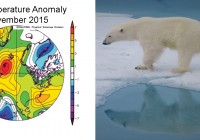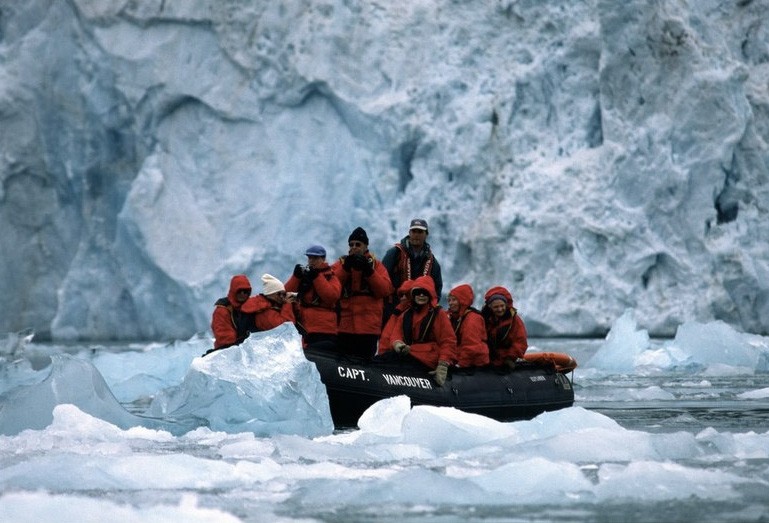
Prehistoric climate data suggest growing sea ice despite melting glaciers
ADVERTISEMENT
Melting ices and glaciers in the Arctic is perhaps one of the most visible effects of the ongoing global warming in the northern regions. However, new research from Tromsø University shows that prehistoric periods of global warming have resulted in increasing ice coverage.
Teena Chauhan, a recent PhD graduate from Tromsø University, has studied geological data from Svalbard in order to establish how sea currents impact the loss of ice in the Arctic region. The extension of the ice free period around Svalbard, as a result of the rising temperature, has made it possible to obtain previously unknown data from the sea bed. Chauhan has sought to reconstruct the historic inflow of water from the Atlantic sea to the Arctic waters, by collecting samples from the sea beds surrounding Svalbard.
“The reconstruction of sea currents thousands of years back in time can tell us a lot about the historic climate, how it has varied and what has caused these changes”, says Chauhan in an article on the university’s website.
The data from Svalbard shows that periods of warming and increased ice melting have been characterized by growing sea ices, which might seem paradoxical. Chauhan explains the findings by the fact that the melting ices cause layers in the water with denser salt water at the bottom and less dense fresh water from the melting glaciers on top. Not only does this divide limit the water circulation but it also means that the top layer of less saline water freezes more easily.
“In our studies we found two periods of global warming that showed increasing sea ice despite the melting of glaciers on Svalbard”, says Chauhan.


